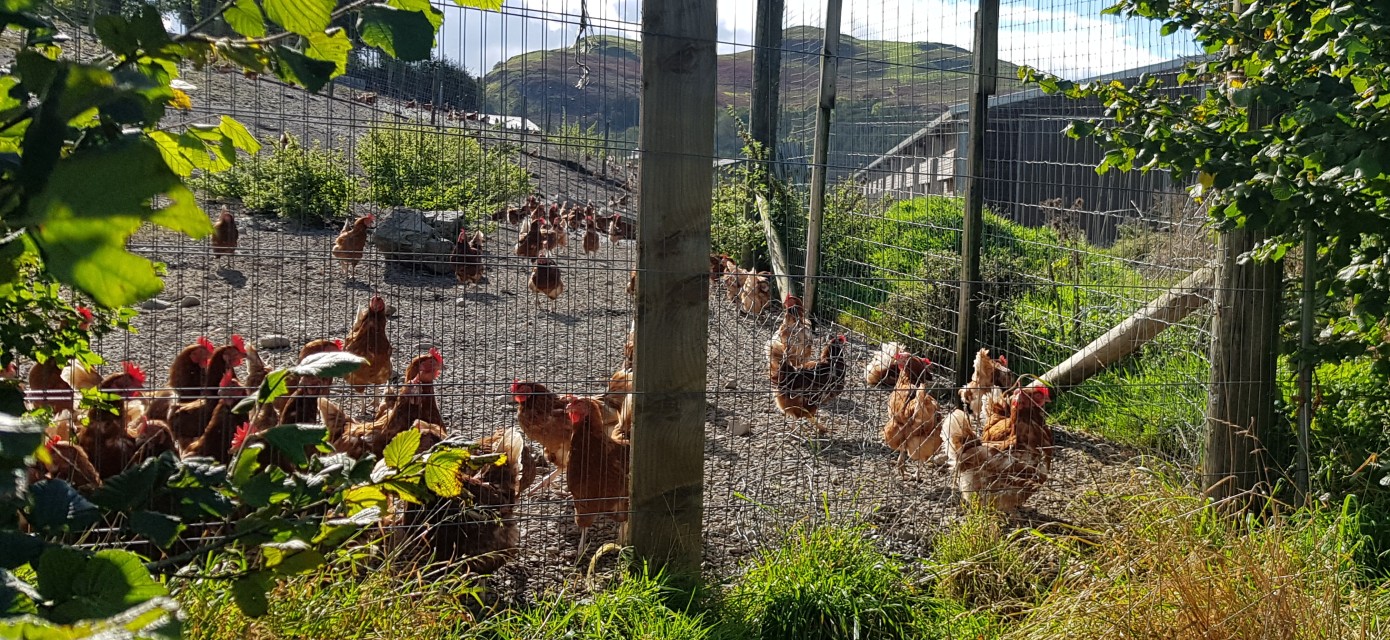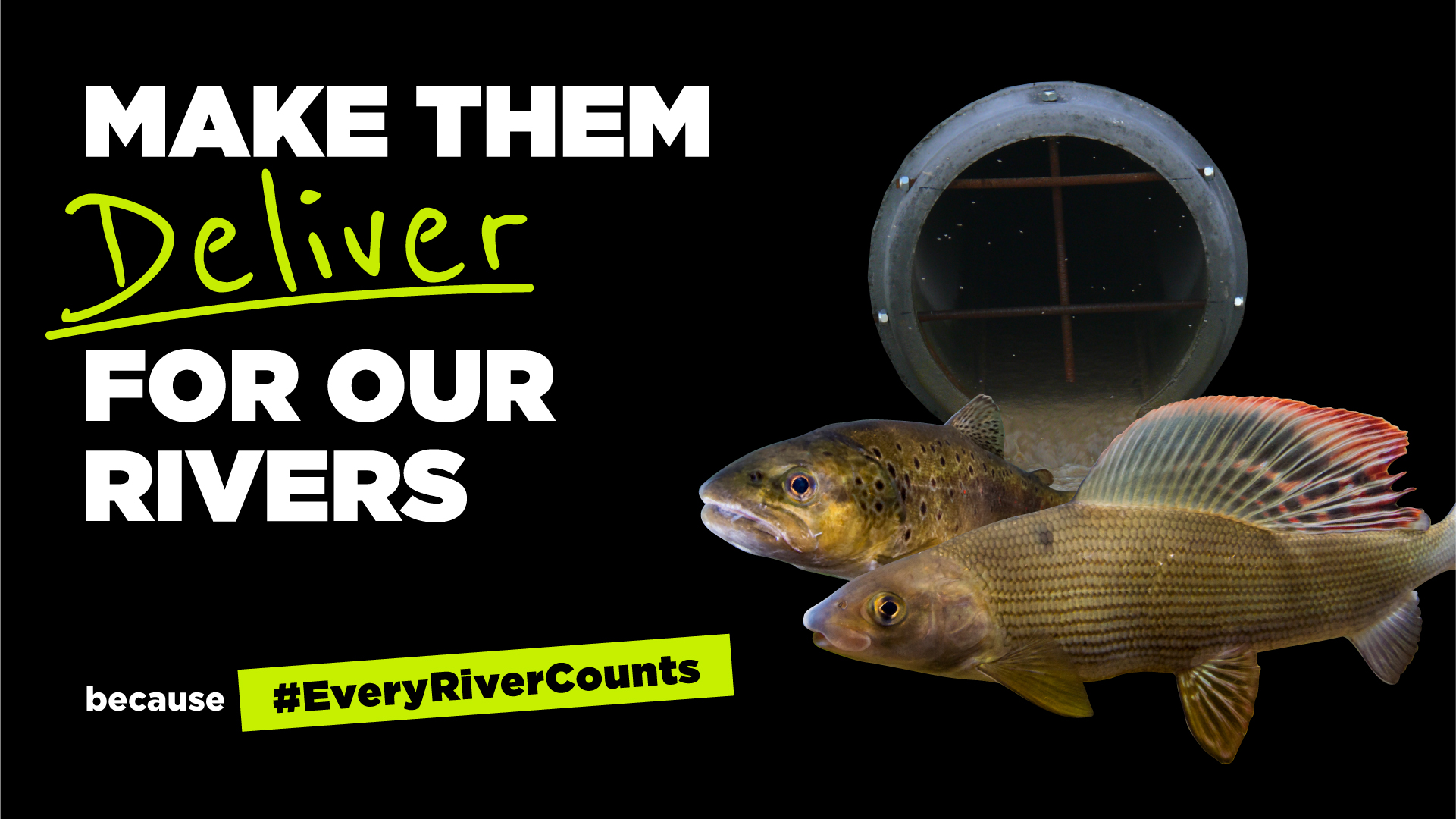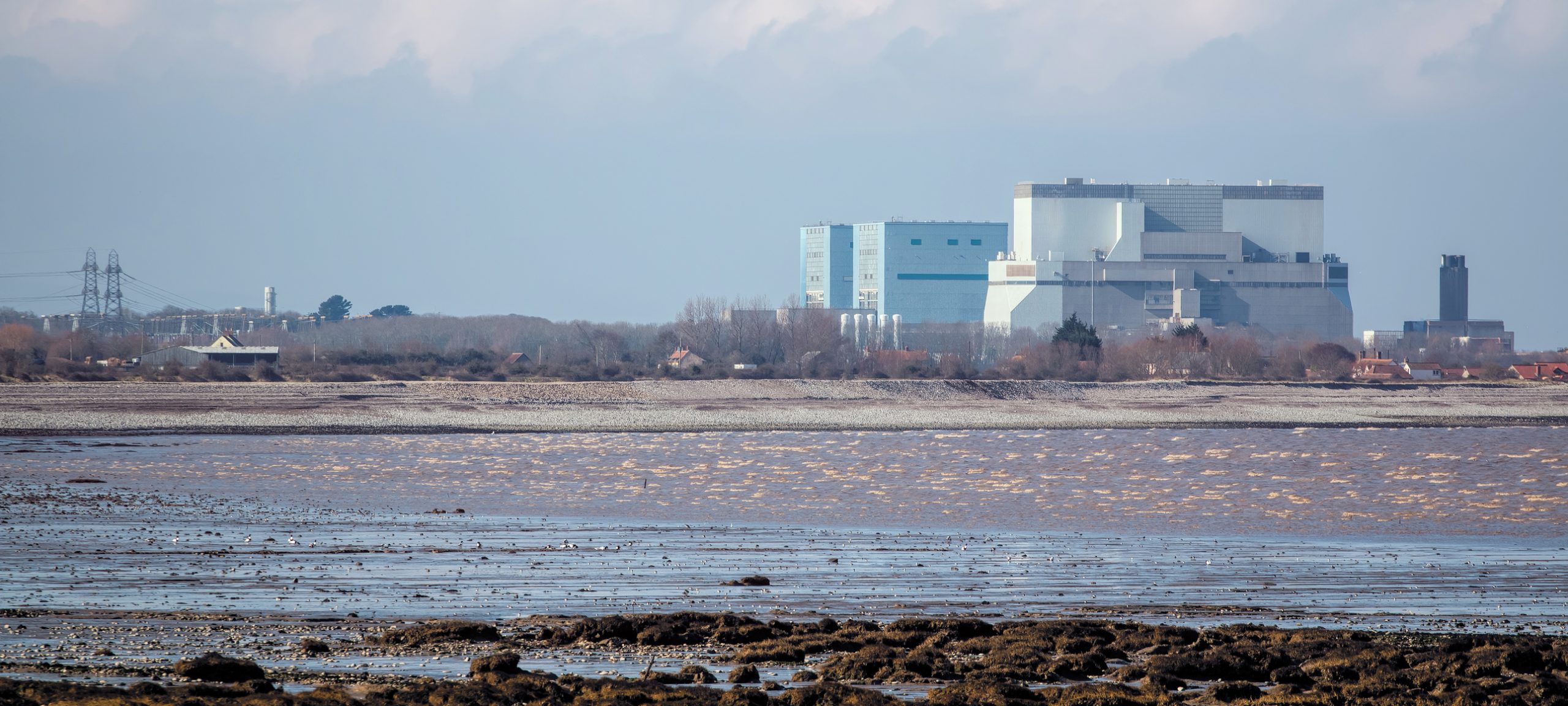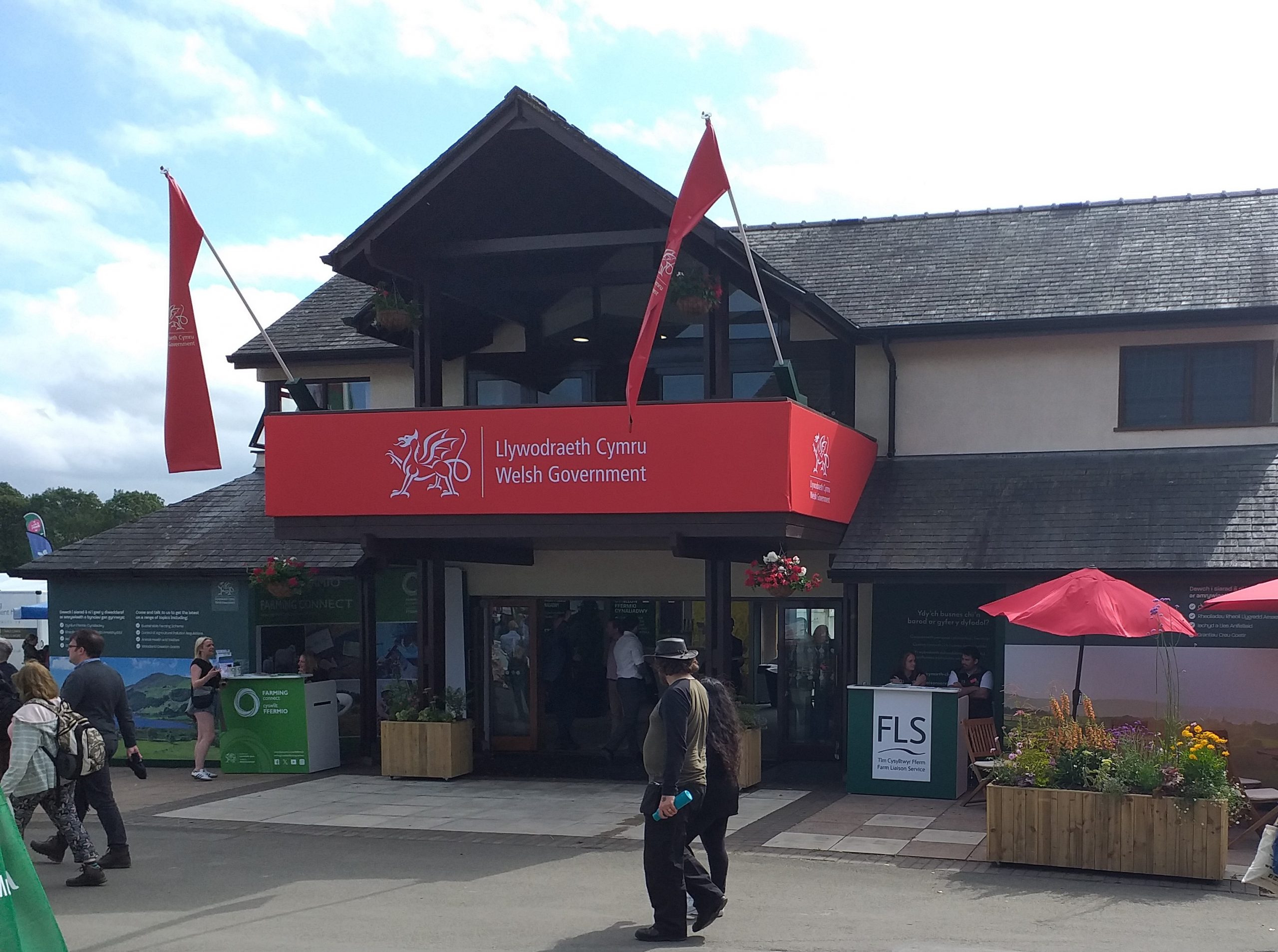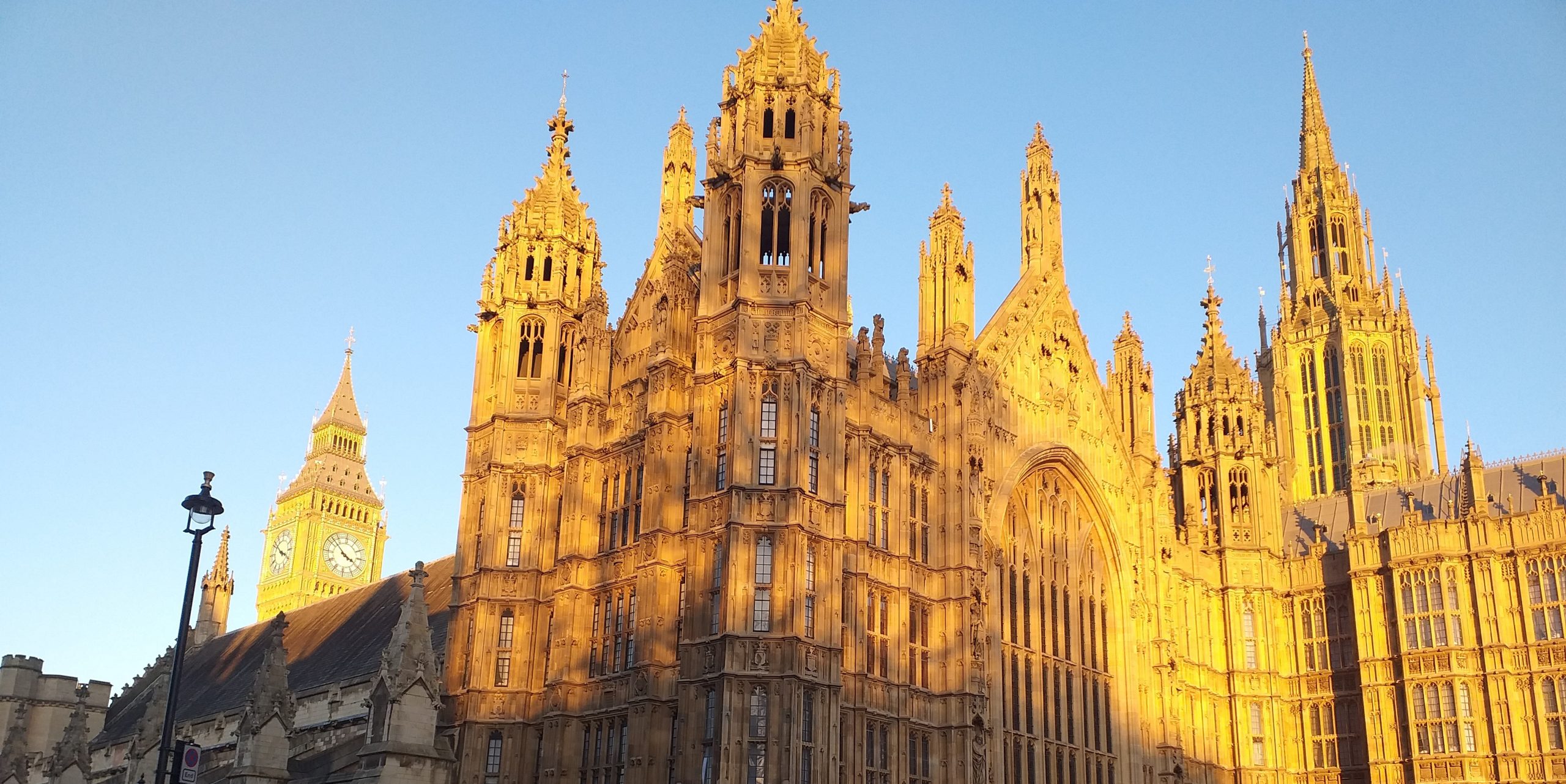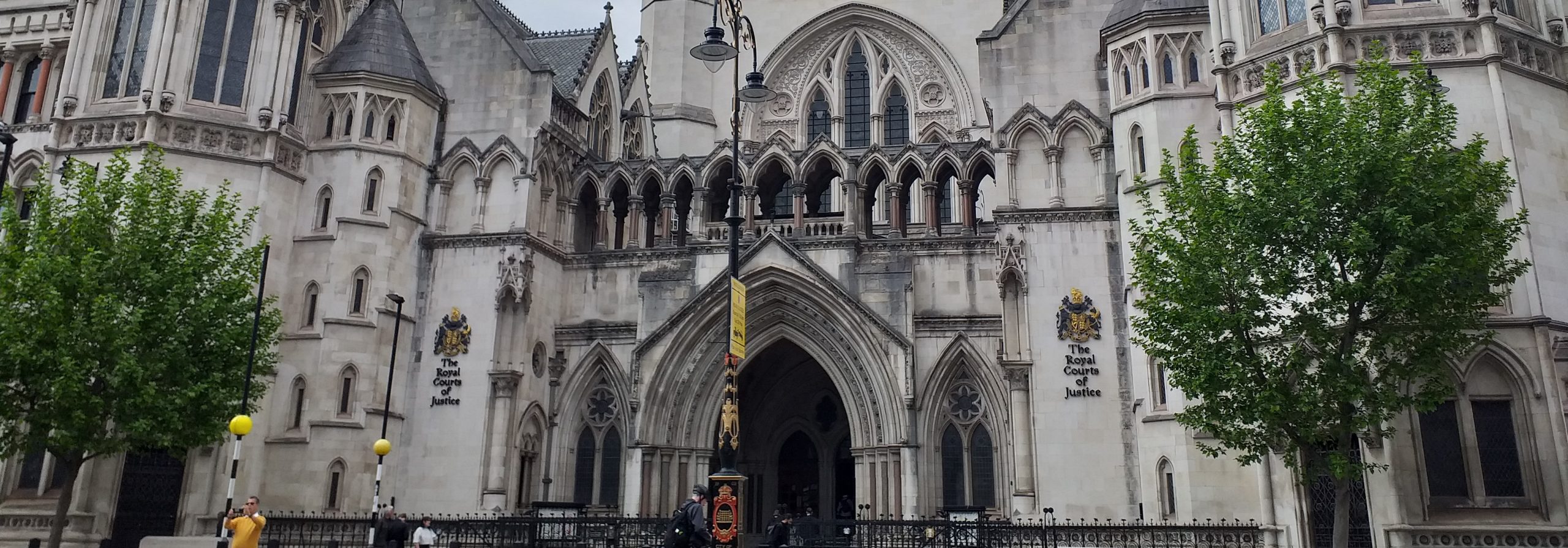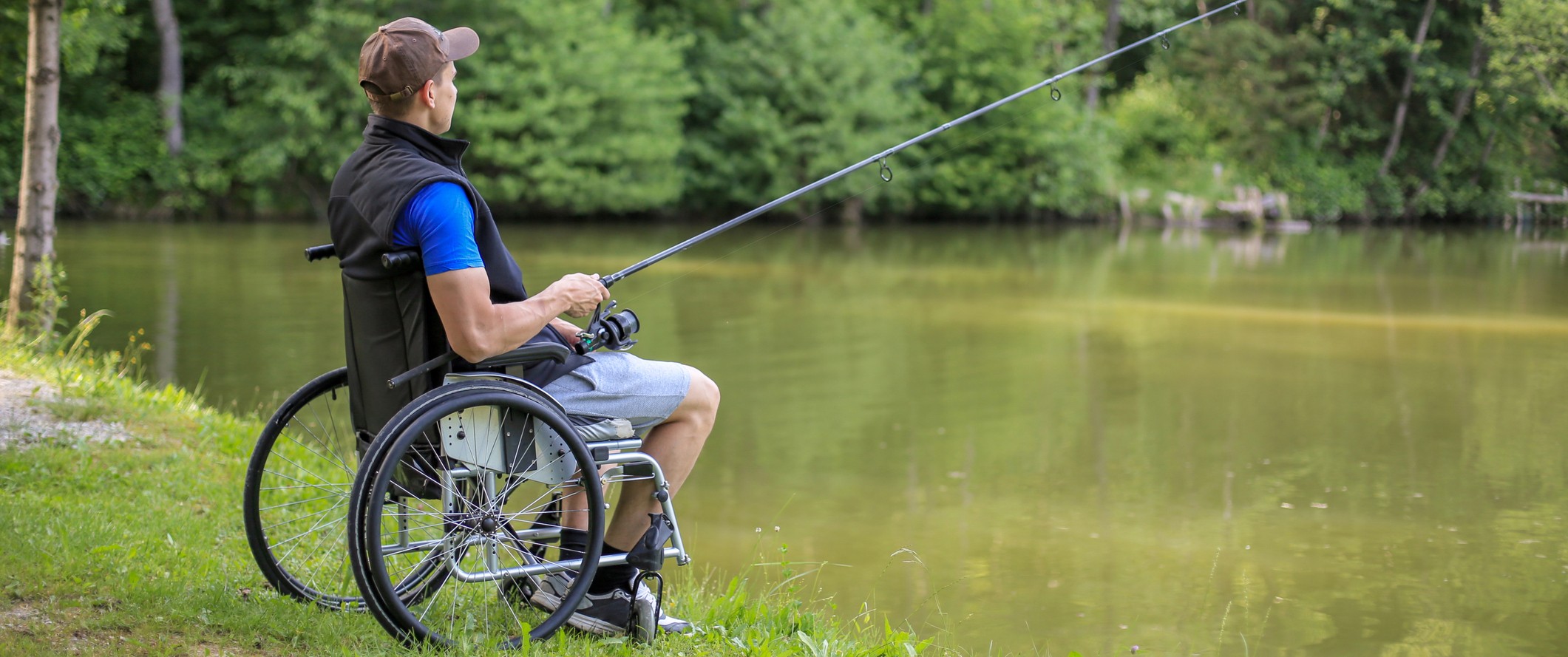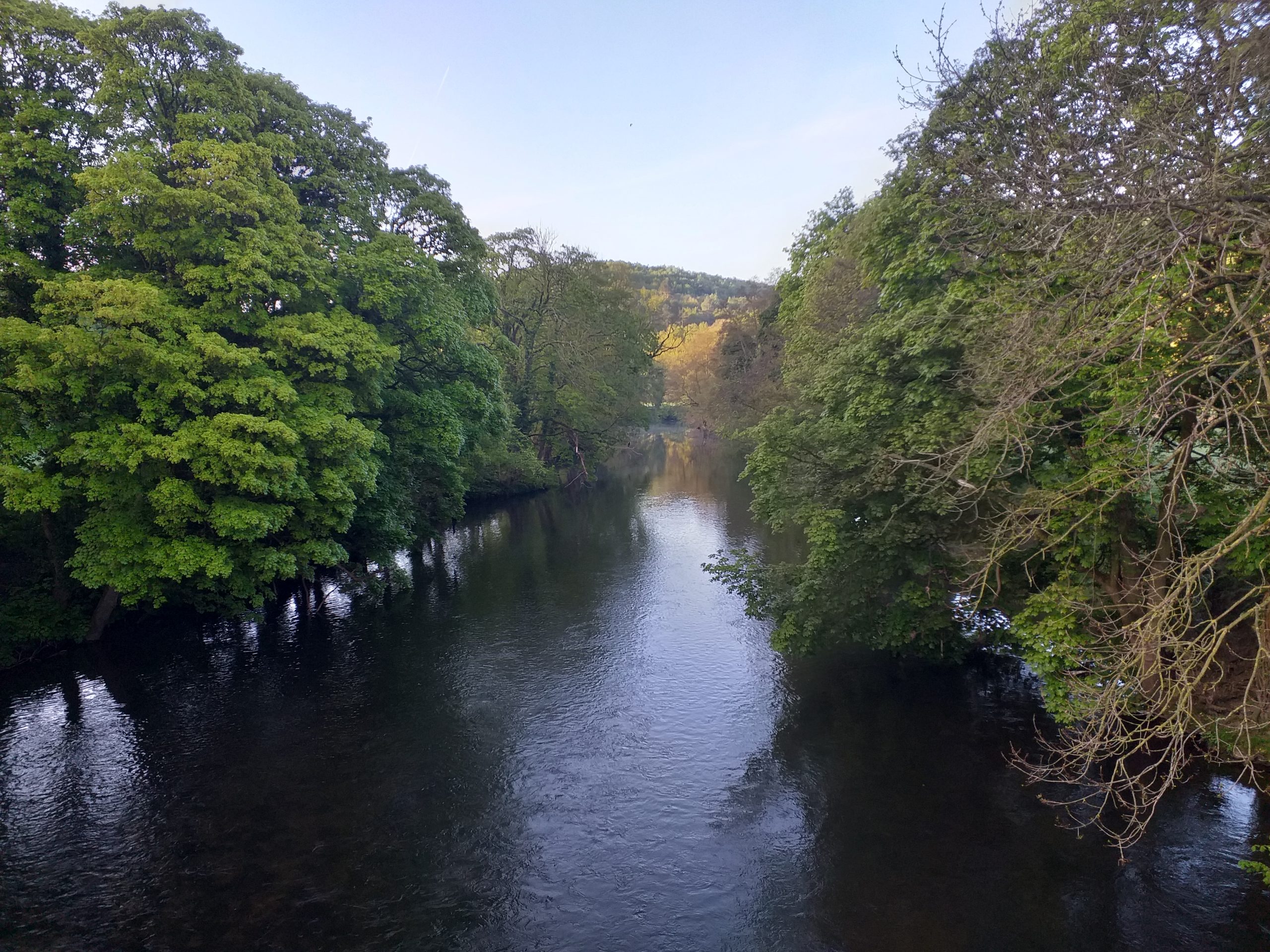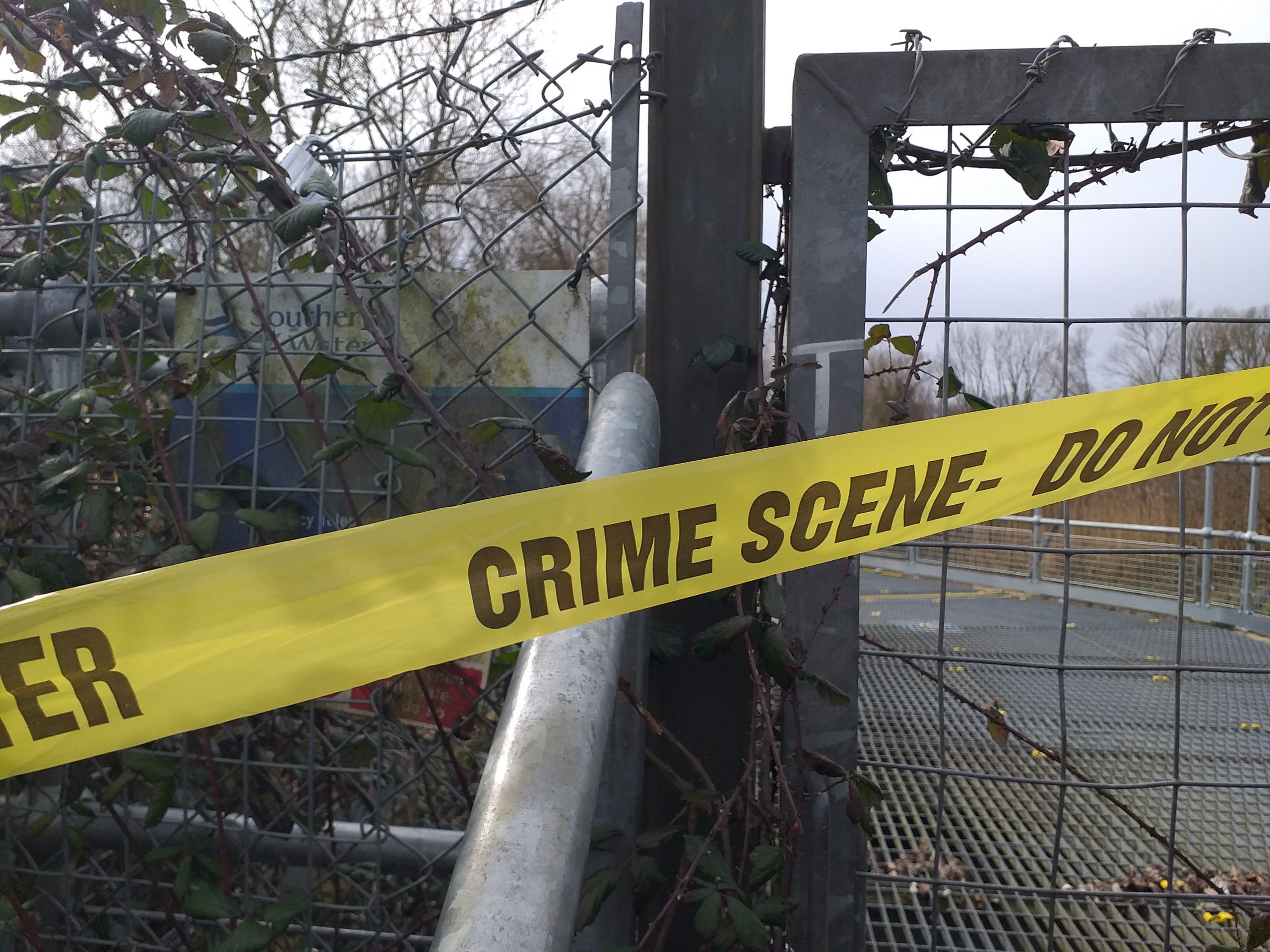News
Natural Resources Wales’ planning advice on Wye pollution ineffective say conservation organisations Fish Legal and Salmon & Trout Conservation
Aquatic conservation organisations Fish Legal and Salmon & Trout Conservation (S&TC) have written to Natural Resources Wales (NRW) about on-going pollution of the River Wye and its headwaters and tributaries.
Following the publication of NRW’s “planning advice” to Councils on development on or near the River Wye and tributaries, Fish Legal and S&TC have told NRW that they consider the advice defective and risks further ecological damage to the river.
60% of Wye catchment failing
Currently 60% of the River Wye and its catchment fails environmental targets for phosphates; a key pollutant that causes algal blooms on the river leading to widespread ecological damage.
The River Wye is supposed to be protected as a Site of Special Scientific Interest and a Special Area of Conservation, but NRW is not responding adequately to the threats posed to the river.
Not poultry farming, say NRW
The source of excess phosphates in the headwaters of the Wye and its tributaries is thought to be the many poultry farms that have been given permission in recent years, for example in the River Ithon catchment.
NRW’s public position in 2020 was that phosphate levels in the Wye catchment had improved. They did not address the obvious, severe and chronic ecological decline. But after belatedly admitting that levels of phosphate were too high, NRW put this down to the “tightening” of phosphate limits.
Fish Legal and S&TC point out that the recommendations for these tougher limits were made in 2016 and the river has been suffering from high phosphate levels for some years.
Despite good evidence that the phosphates come from poultry farming, particularly in Powys, NRW has repeatedly downplayed this potential cause, repeating that “phosphate is naturally occurring” or that “bank erosion”, “sewerage and foul water” are possible sources, although conceding vaguely that “land management practice” may also be a cause.
Interim planning advice
NRW has now published its ‘Interim advice for planning applications within the Wye catchment’ with the supposed intention of reducing the amount of development in and around the River Wye that could lead to further phosphate pollution.
Fish Legal and S&TC are concerned that the document is flawed. Commenting that it is not statutory guidance but simply advice which can be weighed against other considerations, such as economic benefits, and simply not followed.
It also leaves too much technical responsibility to the local authorities and fails to ensure that developments do not cause damage to SACs, where permission should not be granted unless there is certainty – beyond all reasonable scientific doubt – that the site will not be harmed.
Fish Legal and S&TC have asked NRW to clarify the status of the planning advice and believe, given the current polluted status of the River Wye, NRW should also be exercising its legal functions to impose phosphate reduction requirements – not mere ‘neutrality’ – for all relevant developments.
NRW also needs to indicate how it will:
- Monitor more closely those large poultry units that it currently permits under pollution control regulations.
- Robustly enforce permit conditions where necessary.
- Address the cumulative impacts of multiple poultry developments in the headwaters of the Wye, including those developments which do not require pollution permits (i.e., below 40,000 birds).
Jamie Cook, CEO of Fish Legal, said. “The Wye is one of Britain’s greatest rivers, but it has been on the decline. There is good evidence about where the pollution is coming from and NRW must act upon this. This recent advice needs to be rethought so that it can be an effective tool to prevent further harmful development. Unfortunately, there appears to be very little that is being done to end the current source of pollution from existing sites and that simply must change”.
Nick Measham, CEO of S&TC, said: “NRW has a statutory responsibility to protect SACs such as the River Wye. That responsibility cannot just be set aside or watered down in order to allow the poultry industry to expand in an environment that has already reached and exceeded its capacity to cope with the pollution it causes.”
“NRW has a stark choice here. It has to decide what the law requires it to do. It cannot continue to duck and dive and try to fudge matters. We will be watching closely to see what it now decides.”
